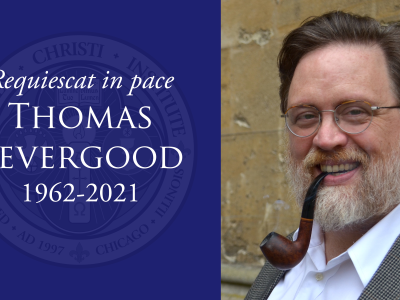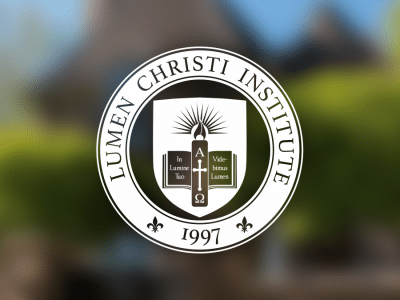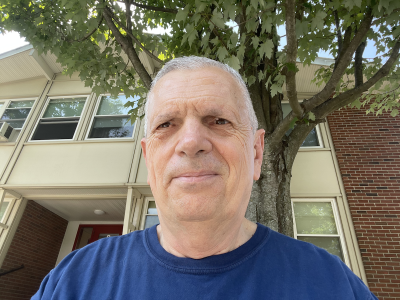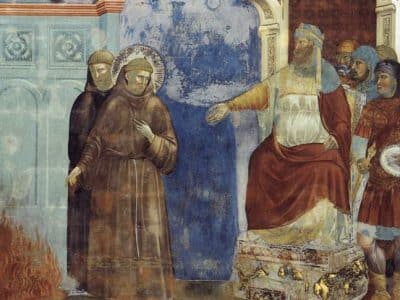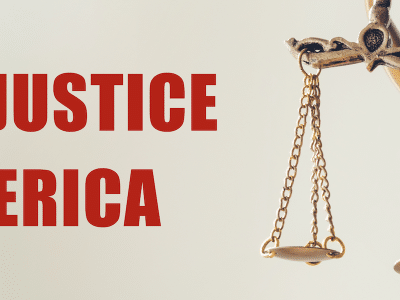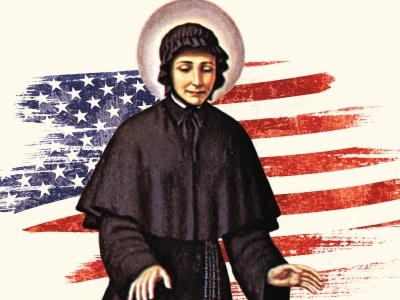News & Media
From 2012 to 2020, Fr. Paul Mankowski, SJ delivered hundreds of lectures and master classes at the Lumen Christi Institute. Seeking to share the depth of his scholarship, this podcast offers many of his lectures (edited for coherence and quality) to the public in digital format for the first time. The first season will feature a course that Fr. Mankowski gave on Joseph Ratzinger’s Jesus of Nazareth and dozens of lectures centered around the books of the Bible (including Genesis, many of the prophets, the Gospel of Matthew, and St. Paul’s Letter to the Romans). Episodes will be released on Mondays, Wednesdays, and Fridays from September through December. To conclude the season, we’ll offer one or two interviews with people who knew Fr. Mankowski well and can offer an entry point to his person and scholarship.
Brother John McGowan is 45 years a member of Little Brothers of the Gospel, a Roman Catholic order, founded in 1956 and inspired by the life and writings of Blessed Charles de Foucauld, whose pending canonization Pope Francis approved in
This event is part of the Lumen Christi Institute’s Catholic Criminal Justice Reform Network. National conversation about racial bias in law enforcement has become increasingly polarized over the last year. Some deny the existence of any widespread discrimination, while others
ONLINE REGISTRATION $10 registration fee for the online event. Registration required. A link to the livestream will be sent to registrants on the day of the event. IN PERSON REGISTRATION You can now register for this in-person event taking place
The Lumen Christi Institute & Our Lady of Dallas Cistercian Abbey present Monastic Wisdom Summer Webinar Series: Wisdom from the Heart of the Cistercian Tradition Join us once per month, June through September, for four Sunday evening sessions featuring monks
